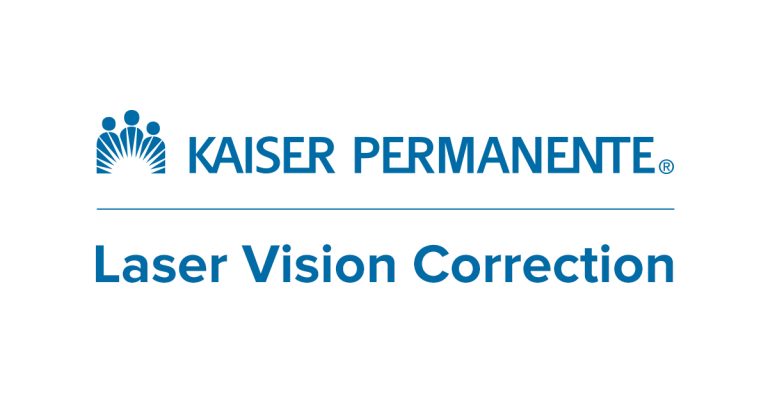Navigating the world of health insurance can often feel overwhelming, particularly when it comes to choosing between large group and small group plans. Whether you’re an employer considering health benefits for your employees or an individual weighing your options, understanding the nuances of each plan type is crucial.
Contents
What is Large Group Health Insurance?
Large group health insurance typically refers to plans offered to employers with a significant number of employees, usually 50 or more. These plans come with several distinct advantages:
- Lower Premiums: Due to the larger risk pool and economies of scale, large group plans often have lower premium costs compared to small group plans.
- More Plan Options: Large employers may have access to a wider array of plan options, allowing for greater customization and flexibility.
- Guaranteed Issue: In most cases, large group plans are guaranteed issue, meaning that the insurer cannot deny coverage based on the health status of individual employees.
What is Small Group Health Insurance?
Small group health insurance, on the other hand, caters to employers with a smaller workforce, typically ranging from 1 to 50 employees. While small group plans might have slightly higher premiums, they offer several benefits:
- Accessibility: Small group plans provide an opportunity for smaller businesses to offer health benefits to their employees, attracting and retaining talent.
- Community Rating: Premiums for small group plans are often based on community rating, which means they’re calculated based on the overall health of the community rather than the health status of individual employees.
- Essential Health Benefits: Small group plans are required to cover essential health benefits, ensuring a minimum level of coverage for employees.
Key Differences Between Large Group and Small Group Health Insurance
Eligibility and Group Size
The primary distinction lies in the size of the employer group. Large group plans are designed for employers with 50 or more employees, while small group plans are available to employers with up to 50 employees.
Premiums and Cost-Sharing
Large group plans often benefit from economies of scale, leading to lower premiums compared to small group plans. However, cost-sharing arrangements like deductibles, copayments, and coinsurance can vary between plans, regardless of group size.
Plan Options and Flexibility
Large employers might have access to a wider range of plan options, allowing for greater customization and tailoring benefits to the specific needs of their workforce. Small group plans, while offering fewer choices, still provide essential health benefits and a degree of flexibility.
Underwriting and Risk Assessment
Large group plans are typically subject to less stringent underwriting and risk assessment, as the larger risk pool mitigates individual health risks. Small group plans might involve some level of underwriting, but community rating ensures that premiums are not solely based on the health of individual employees.
Administrative Requirements
Managing large group plans often involves more complex administrative requirements, including enrollment, billing, and compliance. Small group plans, while still requiring administrative oversight, might have simpler processes.
Factors to Consider When Choosing Between Large Group and Small Group Health Insurance
Group Size and Demographics
The size and demographic composition of your workforce play a crucial role in determining the most suitable plan type. Larger groups might benefit from the lower premiums and greater flexibility of large group plans. Smaller groups might find small group plans more accessible and affordable.
Budget and Cost Considerations
Carefully evaluate your budget and consider the overall cost of each plan type, including premiums, deductibles, copayments, and coinsurance. Compare quotes from different insurers to identify the most cost-effective option.
Coverage Needs and Preferences
Assess the specific health needs and preferences of your employees. Consider factors such as prescription drug coverage, mental health benefits, and preventive care services. Choose a plan that aligns with the healthcare priorities of your workforce.
Network and Provider Access
Evaluate the network of healthcare providers associated with each plan. Ensure that your employees have access to a sufficient number of doctors, hospitals, and specialists in their area.
Administrative and Management Capabilities
Consider your internal capabilities for managing health insurance plans. Large group plans might require more administrative resources and expertise, while small group plans might have simpler processes.
Advantages and Disadvantages of Large Group Health Insurance
Advantages
- Lower premiums due to economies of scale
- More plan options and flexibility
- Guaranteed issue in most cases
- Less stringent underwriting and risk assessment
Disadvantages
- Might be less accessible to smaller employers
- Complex administrative requirements
- Limited ability to customize benefits for individual employees
Advantages and Disadvantages of Small Group Health Insurance
Advantages
- Accessible to smaller employers
- Community rating ensures fair premiums
- Essential health benefits coverage
- Simpler administrative processes
Disadvantages
- Slightly higher premiums compared to large group plans
- Fewer plan options and less flexibility
- Potential for some level of underwriting
Frequently Asked Questions about Large Group vs. Small Group Health Insurance
Can I switch from a large group plan to a small group plan, or vice versa?
Yes, you can switch between plan types, but it’s important to understand the eligibility requirements and potential implications for coverage and costs.
Are there any tax benefits associated with large group or small group health insurance?
Yes, both employers and employees might be eligible for tax benefits related to health insurance premiums, depending on the specific circumstances.
Can I offer both large group and small group health insurance to my employees?
In some cases, employers might be able to offer a combination of large group and small group plans, but it’s important to consult with an insurance professional to understand the regulations and feasibility.
What happens if my group size changes?
If your group size increases or decreases, you might need to re-evaluate your health insurance options and potentially switch between plan types to ensure compliance and cost-effectiveness.
Conclusion
Choosing between large group vs. small group health insurance requires careful consideration of various factors, including group size, budget, coverage needs, and administrative capabilities. By understanding the key differences and weighing the advantages and disadvantages of each plan type, you can make an informed decision that best suits the needs of your employees and your organization.
Read More: Do You Need Insurance to See a Chiropractor?






